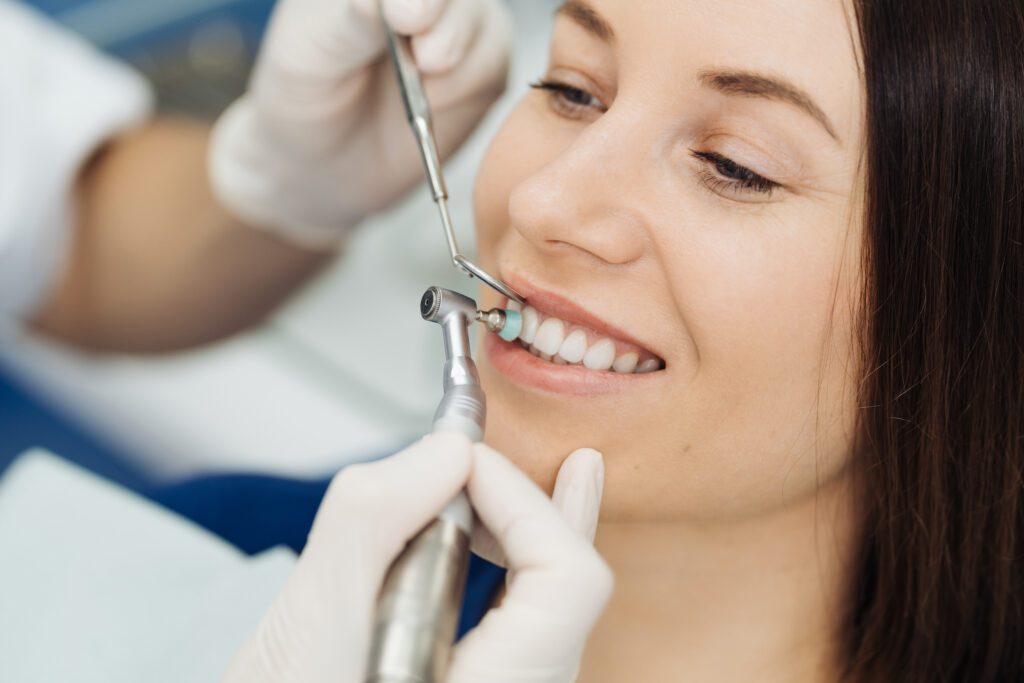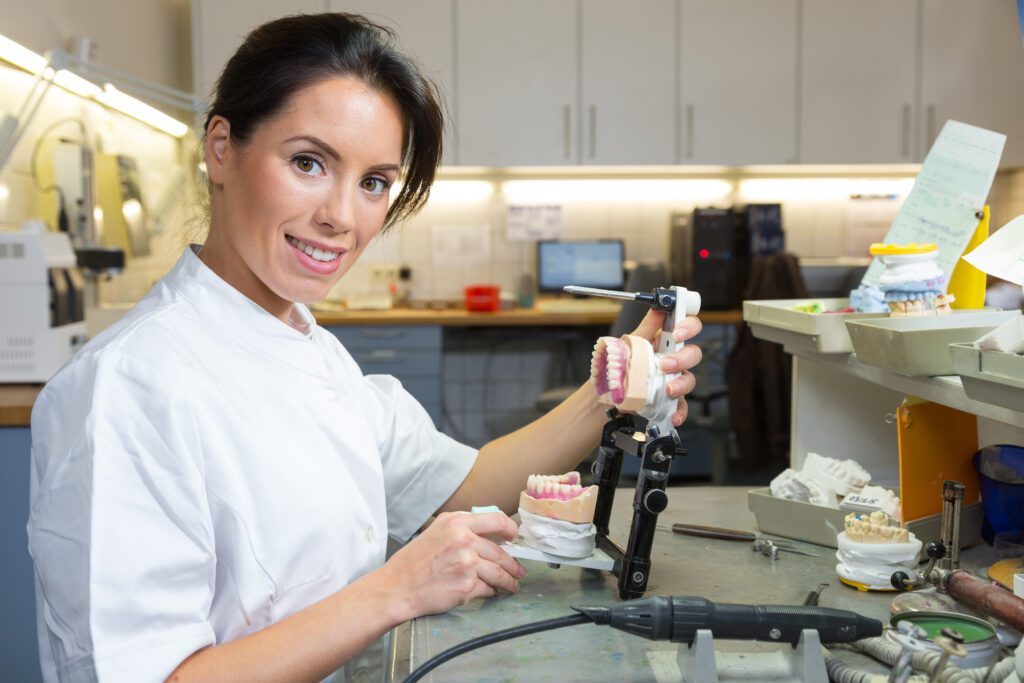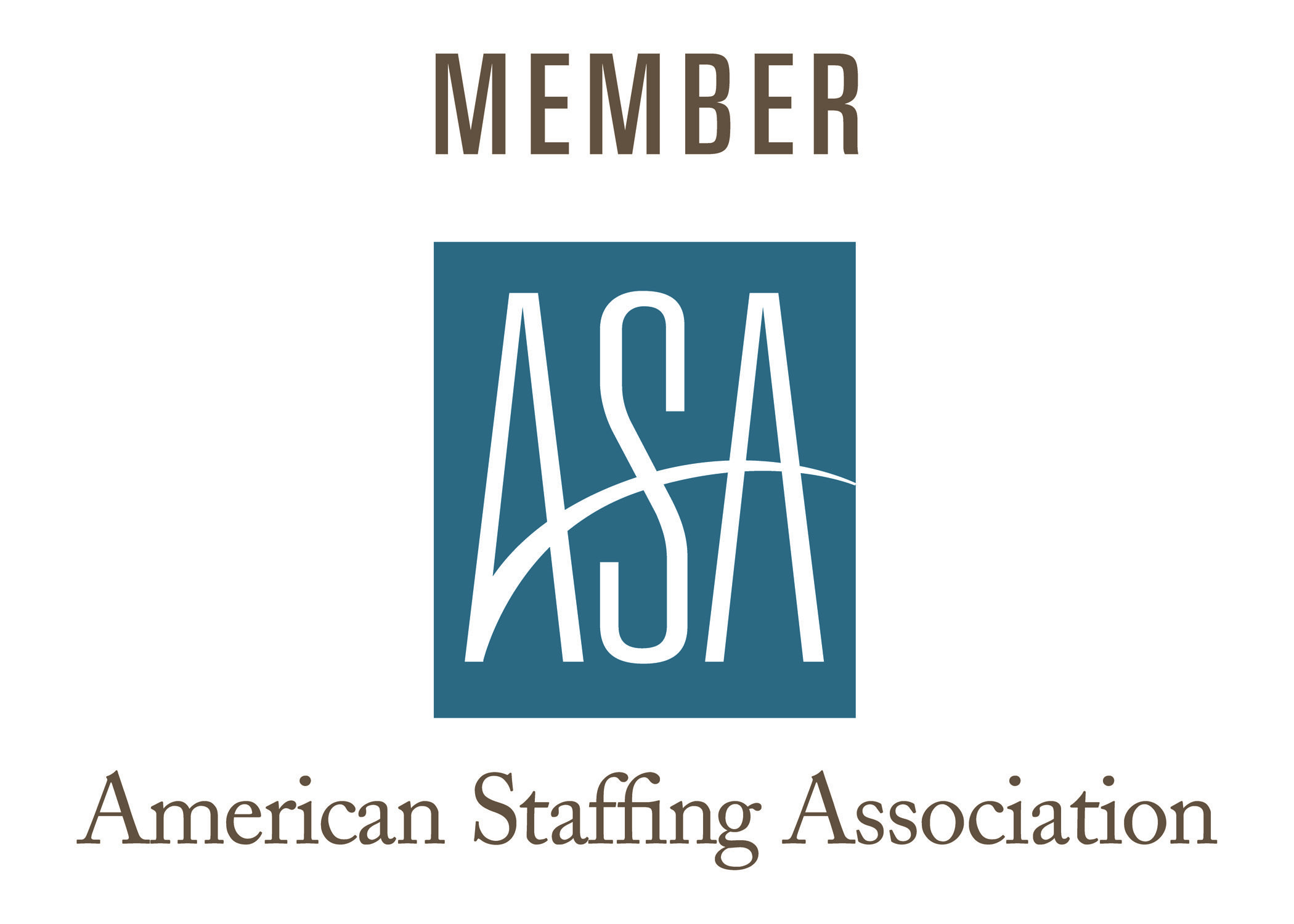With over 350,000 dental assistants employed in the United States and rising demand for expanded roles, many professionals ask, What comes after chairside assisting? A career as a dental assistant is both dynamic and rewarding, but for those seeking greater responsibility, higher income, and new challenges, several career advancement opportunities exist within the dental field.
Whether your goal is clinical expertise, leadership, or education, this guide outlines key career pathways and training options that support your transition beyond basic dental assisting duties.
What Chairside Experience Entails
Chairside assisting forms the practical foundation of a career in dental support. As a dental assistant, you likely prepare treatment areas, assist during dental procedures such as root canal therapy or braces application, update patient charts, and sterilize tools. These hands-on responsibilities improve your dental expertise, communication, and patient care skills, positioning you for advanced roles.
Why Consider Career Advancement as a Dental Assistant?
Staying in a single role for too long can limit your earning potential, job satisfaction, and professional growth. The dental field is evolving, and dental assistants who expand their skills often qualify for higher-paying, more fulfilling roles. Whether you’re seeking better work-life balance, more responsibility, or leadership opportunities, career advancement helps you stay competitive in the workforce. It also ensures long-term sustainability in your career as a dental assistant, making your contribution to dental care even more impactful.
You may be ready to pursue a new direction if you have:
- Two or more years of on-the-job training
- Graduation from an accredited dental assistant program
- Certification from the Dental Assisting National Board (DANB)
- A growing interest in continuing education
- A desire to lead, mentor, or specialize
Career Advancement Opportunities for Dental Assistants
Expanded Function Dental Assistant (EFDA)
Becoming an expanded function dental assistant allows you to perform advanced clinical duties like placing fillings, polishing restorations, and taking impressions. This role is in high demand in states such as Ohio, Pennsylvania, and Texas. To become an EFDA, complete a program approved by the Commission on Dental Accreditation (CODA), followed by state-specific certification or licensure.
According to the Bureau of Labor Statistics, EFDAs earn an average of $47,300 annually. These roles can significantly increase your earning potential and make you more indispensable to your dental practice.
Dental Office Manager
If leadership appeals to you, the role of office manager in a dental office might be ideal. This path involves scheduling, budgeting, compliance oversight, and team management. While certification is not required, additional training through DANB or the American Association of Dental Office Management can improve your chances of securing one of these career opportunities. Salaries range from $45,000 to $82,000.
Dental Hygienist

For those interested in clinical care and prevention, becoming a dental hygienist is a natural progression. After completing a dental hygiene program and passing national and state exams, registered dental hygienists focus on oral health education, cleanings, and diagnostics.
The average earning potential for dental hygienists is around $94,000 per year, with a projected 9% job growth. It’s a meaningful transition for many pursuing a career as a dental hygienist.
Dental Assisting Educator
Use your experience to teach future assistants in a dental assistant school or training program. Most roles require at least three years of experience, certified dental assistant (CDA) status, and sometimes teaching credentials. Educators earn between $50,000 and $75,000. This path suits those passionate about mentorship and curriculum development.
Orthodontic Assistant
If you enjoy working with braces and aligners, consider specializing as an orthodontic assistant. Many states require additional certifications or permits for this position. With salaries between $36,000 and $60,000, this is a great option for those interested in focused clinical work.
Oral Surgery Assistant

For high-intensity, specialized clinical work, become an oral surgery assistant. This role supports dentists during complex surgeries, requiring knowledge in sedation, radiology, and surgical prep. CPR and BLS certifications are often mandatory. Salaries range from $50,000 to $70,000.
Dental Insurance Claims Analyst
Transitioning to the administrative side, this non-clinical role involves evaluating insurance claims and billing accuracy. A background in dental assisting and training in coding helps. This position pays around $73,000 annually and suits professionals with analytical skills and industry knowledge.
Treatment Coordinator
Treatment coordinators guide patients through procedures and financing options. Ideal for those with chairside and admin experience, this role requires empathy and strong organizational skills. Average salaries fall between $50,000 and $65,000.
Dental Sales Representative
Dental sales roles require no certification but benefit from a dental assistant background. Representatives promote tools and products to dental providers. With bonuses and commission, earnings often exceed $51,000 annually. Strong communication is key.
Dental Laboratory Technician

This creative role involves crafting crowns, bridges, and dentures. Though less clinical, it’s suitable for artistic professionals. Training programs or apprenticeships are required, and becoming a certified dental technician (CDT) is advantageous. Expect salaries around $42,000.
Becoming a Dentist
Some dental assistants aim for a higher and more professional clinical rank: dentist. This rigorous path requires a bachelor’s degree, dental school, licensure, and years of study. Yet, with salaries often exceeding $130,000, it offers unmatched career options and earning potential. It’s ideal for those seeking a complete career change in dentistry.
What to Consider Before Advancing
Before pursuing a new career direction, reflect on
- Time and cost of dental assistant training or higher education
- State-specific licensing and dental assistant certifications
- Your ideal work setting, whether clinical, administrative, or educational
- Compatibility with your career goals and lifestyle
Tips to Support Career Advancement
- Enroll in training programs or continuing education courses.
- Earn dental assistant certifications like CDA or EFDA.
- Explore mentorship from a lead dental assistant, hygienist, or dentist.
- Join professional organizations like the American Dental Association.
- Stay updated with DANB and your state board.
- Transition gradually, especially into hygiene or practice management.
Conclusion
Your experience as a dental assistant lays the groundwork for an exciting and rewarding career in dentistry. Whether you plan to become a hygienist, EFDA, educator, or even a dentist, there are ample opportunities for career advancement. With the right training options, credentials, and professional network, you can achieve your career goals and contribute meaningfully to the future of dental care.
Advance Your Career with the Right Support
At Verovian Dental Recruitment Agency, we help match professionals with the best dental assistant jobs across the country. Whether you're planning to pursue a career as a dental assistant, explore expanded functions, or transition into dental hygiene or administration, we provide tailored support. Let us help you find the right path to grow, lead, and succeed in the dental industry. Contact us today to take the next step in your professional journey.




